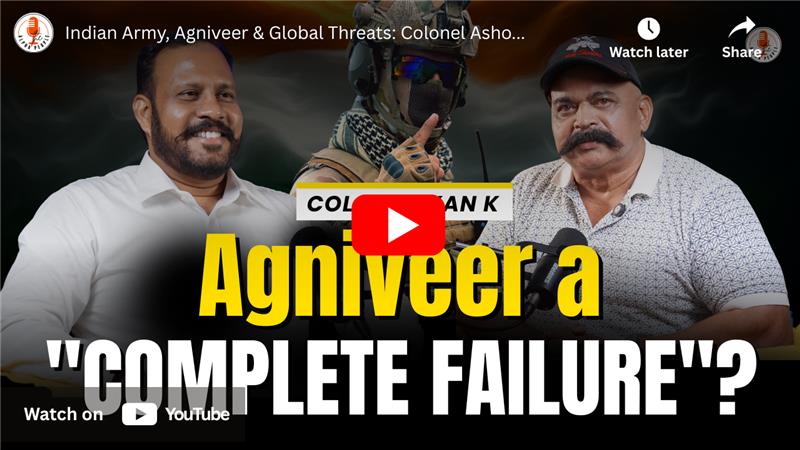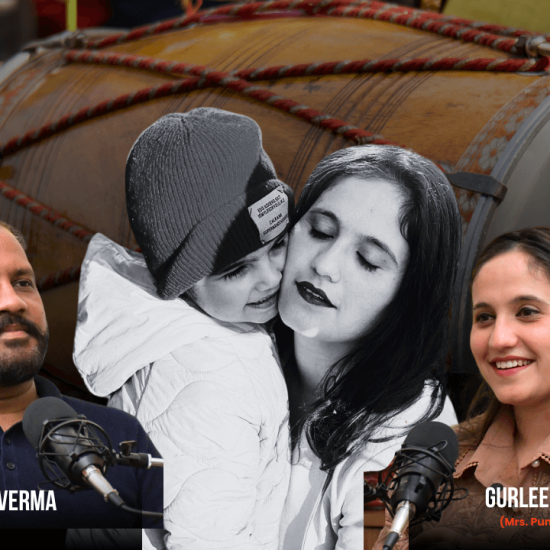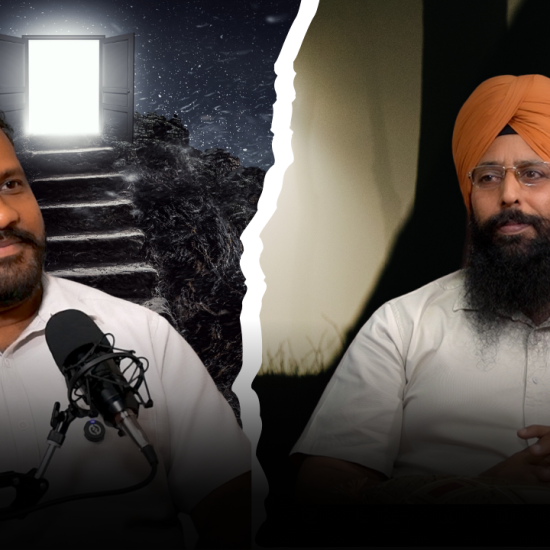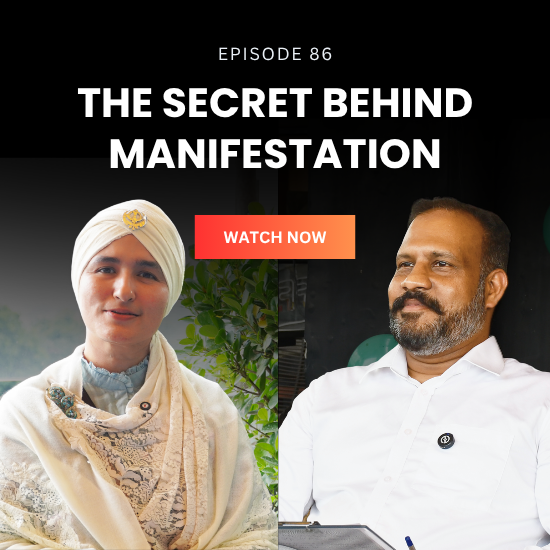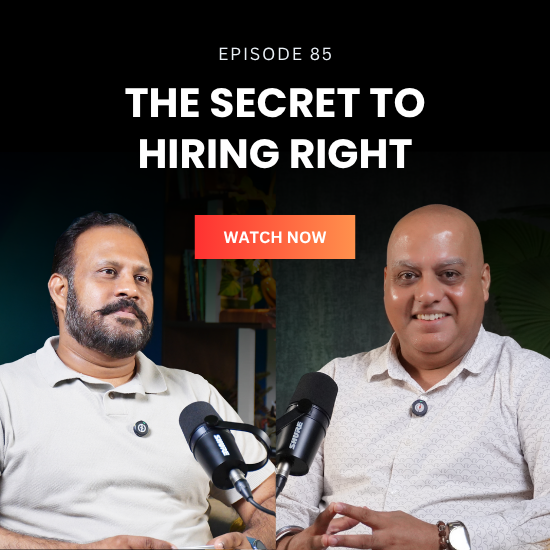The podcast with Retired Colonel Ashokan is a sweeping conversation that blends personal inspiration, sharp critique of defence policies, insights into modern warfare, and guidance for India’s youth. Speaking with host Naveen Kumar Verma, Col. Ashokan traces his journey from a small town in Kerala to the ranks of the Indian Army, where he served in the Army Air Defence and later as part of the Service Selection Board (SSB). His early life was marked by challenges, particularly with English, but he overcame these through a love for reading, which not only broadened his knowledge but also gave him maturity of thought. Alongside academics, he pursued bodybuilding passionately, winning titles including Mr. Kerala. Although he was nearly set to become a lecturer, fate redirected him into the armed forces, encouraged by his naval officer uncle. Despite being declared overweight during his medical examination, his bodybuilding achievements earned him a unique exception, and he was inducted into the Army. His transformation was so complete that, as he recalls, his mother hardly recognized him after his first year of training. “I went as a boy and returned as a man,” he reflects, emphasizing the transformative power of a defence career.
A major focus of the conversation is the Agniveer scheme, a subject that Col. Ashokan approaches with both appreciation and caution. He acknowledges that the program was designed to instill discipline among youth and to reduce the financial burden of defence salaries and pensions, which consumed a large portion of the budget. Yet, he voices strong concerns about its execution. With only 25 percent of Agniveers retained and the remaining 75 percent released after four years, India faces the challenge of tens of thousands of trained young men and women reentering society annually without assured jobs. He warns that this uncertainty has already eroded the traditional respect once enjoyed by soldiers in society, citing how marriage prospects for Agniveers have declined compared to earlier generations when army service was a source of immense pride. More importantly, he argues that modern warfare is highly technical, requiring years of training to master complex systems like missiles, drones, AI-driven defence tools, and stealth aircraft. A four-year tenure, he believes, is inadequate for developing such expertise, and releasing trained soldiers so quickly is a waste of national resources. In his words, this is not the time for experiments with the armed forces, especially when India faces technologically advanced adversaries such as China. His suggestions are clear: retain at least half the recruits, extend service to ten years, and guarantee absorption into paramilitary or police forces after their service ends.
The discussion broadens into an analysis of India’s defence preparedness and geopolitical environment. Col. Ashokan points out that modern conflicts, as seen in the Sindoor war, are increasingly fought in the air and cyberspace rather than on land. Pakistan, he notes, largely operates as a proxy for China, using Chinese jets, missiles, and surveillance systems. While China continues to push ahead with sixth and even seventh-generation aircraft, India is still in the process of developing its fifth-generation fighter. He criticizes Western powers, especially the United States, for not standing with India during crucial moments and even providing financial lifelines to Pakistan despite its failing economy and corrupt leadership. For him, the lesson is simple: national security must never be compromised for financial savings. He likens it to buying the cheapest lock for your house despite keeping valuable treasures inside. Strength, he insists, is the foundation of national growth and respect in the international arena.
From geopolitics, the conversation shifts to the micro-level realities of SSB selection and youth development. As a former SSB board member, Col. Ashokan explains why India’s officer selection rate is so low, averaging only four to five percent. The biggest problem, he says, is that candidates arrive with “coaching,” memorized answers, and artificial behavior. But the SSB is not an examination; it is a five-day personality assessment conducted by a psychologist, a group testing officer, and an interviewing officer. The process looks for fifteen officer-like qualities, such as courage, logical thinking, confidence, and decision-making under stress. When candidates hide behind rehearsed responses instead of showing their true selves, they are quickly rejected. His institute, Olive Green, focuses instead on training—helping candidates develop authentic personality traits and leadership skills. With this approach, his success rate is significantly higher, around 30 percent within the already small national pool, and over 8,500 officers trained under his guidance now serve in the armed forces.
Col. Ashokan also reflects on the shortcomings of today’s youth and the education system. He laments that reading habits have declined, replaced by a preference for quick content and internet shortcuts. This, he argues, weakens vocabulary, creativity, and the ability to think deeply or express oneself clearly, especially in English, which remains essential for international leadership. He cautions that over-dependence on technology, including artificial intelligence, is reducing independent thought and imagination. The education system, with its emphasis on objective testing, further discourages creativity and critical thinking. While he does not blame the youth directly, he stresses that the environment and system have failed to nurture these essential skills. His advice is simple but powerful: stop copying others, cultivate reading habits, think logically, and develop an authentic personality.
The conversation closes with reflections on leadership and nation-building. For Col. Ashokan, a defence career is not just a profession but a profound transformation that brings pride, honor, and resilience. He urges policymakers to amend the Agniveer scheme to ensure that both the needs of the budget and the imperatives of national security are balanced. Leadership, he believes, is a process of the mind that involves analyzing, interpreting, and choosing the best solution under pressure. If India’s youth embrace these values, and if defence policies are shaped wisely, the country will continue to produce world-class officers and safeguard its place against global adversaries. His final message resonates strongly: the security of the nation is the foundation upon which all growth and respect are built.
🔔 Don’t forget to subscribe & share if this conversation resonated with you!
🔔 Don’t forget to subscribe & share if this conversation resonated with you!
Frequently Asked Questions
Certainly! Here are some potential questions and answers based on the podcast conversation:
